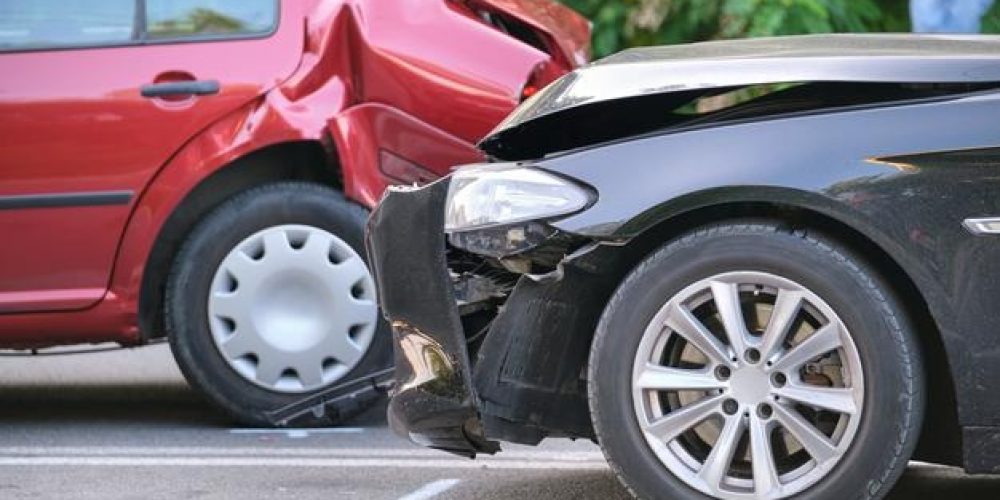One difference between general and special damages is that one kind is easily defined, measured, and proved, while the other is more difficult. We will discuss what the two are, how they differ, and how you can prove them so you can receive them through a settlement or lawsuit verdict. The personal injury Hicks Law Firm has extensive experience developing damages evidence because it’s crucial to our clients’ recoveries.
Personal injury lawyer Aaron Hicks helps people injured by the negligence of others. A major part of every case is proving damages, which we handle daily. Call 949-541-9944 or fill out our online contact form to learn more about California law, your rights, and how we can help you.
What are Damages?
There are damages of one kind or another in many civil lawsuits. For personal injury cases, where a defendant is accused of causing someone’s injury or death due to their negligence or intentional act, damages measure the harm done by the defendant in dollars.
If you can’t prove damages, you have no case or basis to make an insurance claim. A jury compensates you by awarding you damages.
What Are Special Damages?
The legal world has a confusing way of dividing up damages. Special, or economic, damages aren’t very special in that they’re easier to prove. It’s common, everyday things like bills you needed to pay, things you bought, or income you lost. You can use receipts, pay stubs, or tax returns as proof.
It’s a lot like filing your taxes. It would help if you were organized, well-documented, and thorough. You use the facts of your situation and back them up with documentary evidence establishing your claims.
If you’re injured in a vehicle accident, this is how it may play out. Your special damages could be the following:
- Medical expenses: This could be the cost of the ambulance, medical bills covering your diagnosis and treatment, bills for rehabilitation and physical therapy, the cost of pharmaceuticals and things like ace bandages or crutches
- Property damage expenses: The cost of towing your vehicle from the accident scene, repairing or replacing it, a rental vehicle, and the value of any personal property damaged or destroyed in the accident
- Lost income and benefits: This covers the value of the paid sick, personal, or vacation time you needed to use due to the accident. You can be compensated for lost income because you needed to use unpaid time because of your injury or treatment or due to the fact you couldn’t keep your job and were fired due to the fact you couldn’t perform your job or took too much time off
Your special damages claim would cover what you paid or lost in the past and what you’re reasonably expected to pay or lose in the future.
What Is General Damages?
General, or noneconomic, damages cover harm that’s more difficult, but not impossible, to quantify and prove. It’s the impact on your feelings, emotions, and relationships. It covers physical, emotional, and psychological harm. General damages cover intangible and subjective issues.
General damages can cover the following:
- Physical pain
- Disfigurement, such as permanent scarring or the loss of a limb
- Temporary or permanent physical impairment or disability
- Emotional distress
- Psychological challenges like depression, anxiety, or post-traumatic stress disorder (PTSD)
- Negative impact on relationships
- Reduced quality of life
Like special damages, you can be compensated for your prior harm and reasonably expected future harm.
You don’t have a receipt to prove your physical pain or depression, but general damages can be shown through different approaches, including the following:
- Your testimony and that of your treatment team (physicians, surgeons, physical therapists)
- Testimony from family and friends who’ve spoken to you, witnessed you live your life, and who can discuss how their relationship with you changed after the accident
- Medical records that show your condition and the pain medications you’re using
- A medical expert could testify to what someone in your condition with your pain relief use would feel
- Videos and photos of the difficulties you have living your life
What evidence would be used based on what you’re claiming?
What are the Issues That Can Impact My Damages Claim?
Insurance companies can challenge your damages claims, and there are several ways they do that, including:
- Social media posts or discussions with others that contradict how severe you say your injuries are can be used against you
- The insurance company may hire an investigator to follow you and video your activities, which may show you’re more active than you claim
- The insurance company will get a copy of your medical records. Notes showing you’re doing well, but you claim you’re not will be a red flag. Overly cheerful chit-chat with your treatment team may come back to haunt you
- A medical expert may be hired by the insurance company to go over your records and do their own examination. You must be cooperative and honest, or it will be a problem
- You have a duty to mitigate your damages or take reasonable steps to limit them. You can’t claim additional pain and suffering by unreasonably refusing medical care and extending the time of your disability. If you disobey your physician’s directives and, for example, are more active than you should be, and worsen your condition as a result, you can’t claim compensation for self-inflicted injuries
After an accident or injury, you must be careful to do your best to have effective and credible evidence to establish your damages claims.




Comments 0